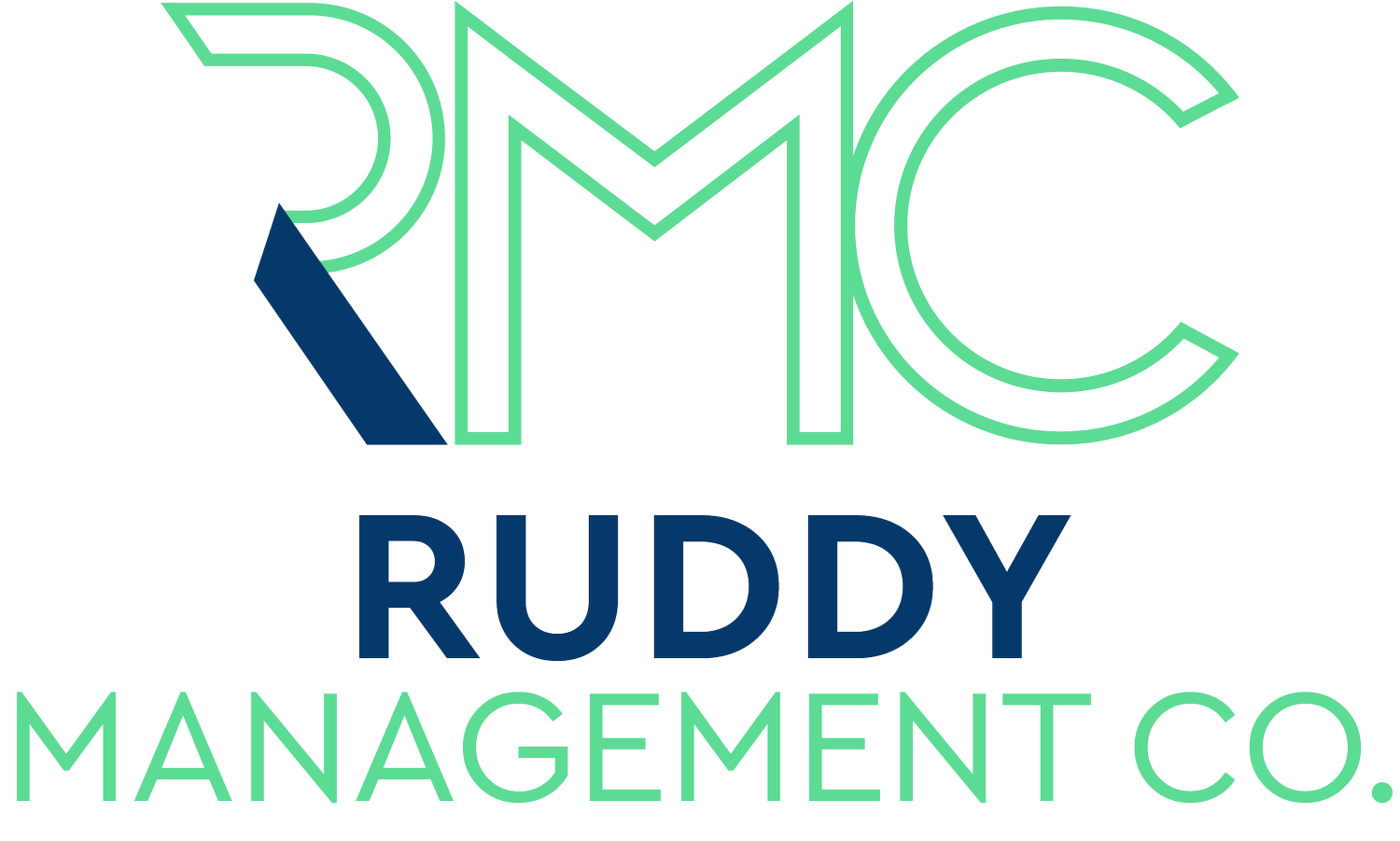Understanding Condo Board Roles and Responsibilities: Washington, DC
Living in a condo in Washington, DC has its benefits. You can walk to many places, meet friendly neighbors, and feel a sense of belonging.
But behind the scenes of every well-maintained condo building is a dedicated condo board. If you're considering joining your condo’s board or you've just been elected, you may be wondering: What exactly does it mean to be a condo board member in DC?
Here is some important information that you should be aware of. It is essential to understand the details thoroughly so that you can make informed decisions or take appropriate actions.
Understanding Condo Boards and Their Importance
A condo board, or board of directors, is a group picked by condo owners. They manage the condo association and hire a management company.
The board is a team that makes sure your building works well.
They handle budgets, hire service workers, enforce rules, and maintain shared spaces.
In Washington DC, all condominium associations are governed by the DC Condominium Act, which outlines the responsibilities, powers, and legal framework for these boards.
Roles on the Board
Board positions typically include:
President – Oversees board meetings and operations
Vice President – Steps in when the president is not available
Treasurer – Manages the association’s finances
Secretary – Keeps meeting minutes and official records
Members-at-large – Participate in board decisions and special projects
You don't need to be an expert in property management to help. Just do what is best for the community and take care of your duties.
What Are a Board Member’s Legal Duties?
In DC, condo board members have three key legal duties:
Duty of Care – Make informed decisions with diligence and thoughtfulness.
Duty of Loyalty – Avoid conflicts of interest and always prioritize the association's welfare.
Duty to Act Within Authority – Follow the governing documents and DC laws when making decisions.
Not following these duties could make the board or its members responsible.
How to Get Involved
If you're interested in serving on your condo board, follow these steps:
Review your bylaws – Each association has different rules about board elections, term lengths, and eligibility.
Attend meetings – Familiarize yourself with ongoing issues and how the current board functions.
Nominate yourself – When the next election cycle comes around, submit your name for consideration.
Talk to neighbors – Gaining support from fellow unit owners can help during elections and build trust.
What to Expect as a Board Member
Serving on the board is a commitment—but it’s also incredibly rewarding.
You will learn more about how your building works. You can help make decisions and protect your investment.
Common responsibilities include:
Approving budgets and financial statements
Hiring and overseeing property management companies
Enforcing condo rules and bylaws
Planning for long-term capital projects
Resolving disputes between unit owners
Expect to spend a few hours a month on board duties, with more time required during budget season or major projects.
Tips for Success
Stay transparent – Keep open communication with residents to build trust.
Educate yourself – Attend workshops or webinars for board members (the DC Office of the Attorney General and local law firms often host them).
Work with professionals – A good property manager and legal counsel are essential allies.
Document everything – Keep clear records of decisions, especially when they involve finances or disputes.
Final Thoughts
Being a condo board member in Washington, DC is more than a title—it’s a leadership role that shapes the daily experience of your entire community.
Serving on a board can be an incredibly rewarding experience. It provides individuals with the opportunity to contribute positively to an organization and impact the community in meaningful ways. By joining a board, one can help influence important decisions, offer valuable insights, and work collaboratively with others who share a common goal of fostering growth and improvement. This active involvement not only helps shape the direction of the organization but also allows individuals to develop new skills and gain a deeper understanding of the issues at hand.
You can help bring change, protect property values, or give back to the community.
If you are willing to take on this challenge, your neighbors will certainly express their gratitude for your efforts.
Getting involved in this activity can help your community a lot. People living close by will be grateful for your support.
Your hard work and dedication will not go unnoticed, and it may even inspire others to get involved as well.
